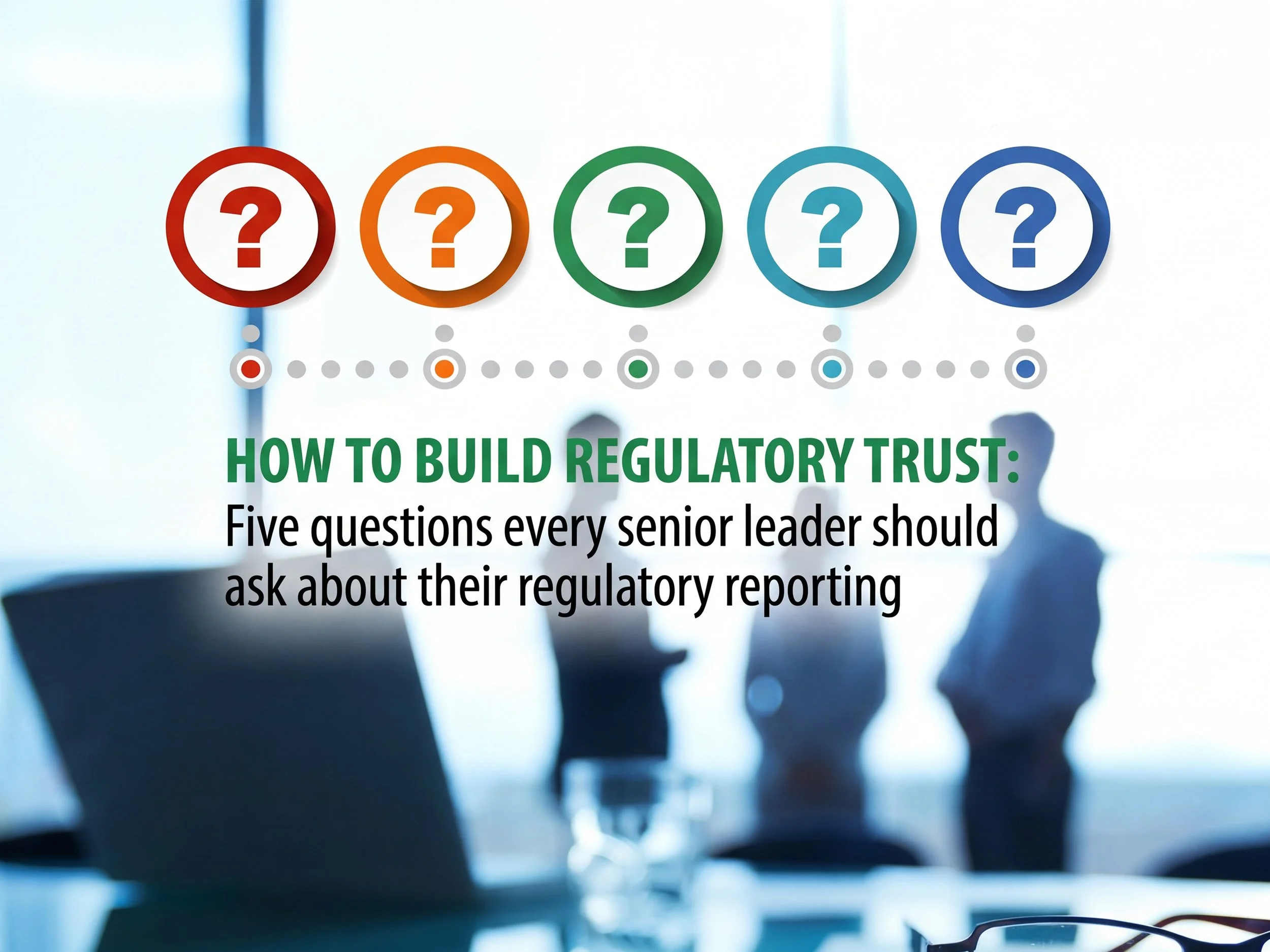Breach Reporting & RG 78: Meeting ASIC’s Enhanced Compliance Expectations
Understanding Breach Reporting Obligations
ASIC’s Regulatory Guide 78 (RG78) Breach Reporting outlines the obligations for Australian financial services (AFS) and credit licensees to identify, assess, and report significant breaches in a timely manner. Recent reforms have expanded the regime, requiring more issues to be reported, within tighter deadlines, and with greater accountability for boards and executives.
The enhanced breach reporting framework is designed to increase transparency, improve consumer protection, and hold institutions accountable for compliance failures. It requires firms to have robust systems for monitoring incidents, classifying breaches, and ensuring timely escalation to ASIC.
Why Breach Reporting Matters
Effective breach reporting is critical for maintaining trust with regulators, customers, and the market. ASIC has made it clear that weak breach reporting processes will not be tolerated.
Key implications for firms include:
Lower thresholds for reporting mean more incidents must be escalated to ASIC.
Tighter reporting deadlines require strong monitoring and escalation processes.
Increased regulatory scrutiny with ASIC analysing breach data to identify systemic issues.
Reputational and financial risks where breaches are mishandled or disclosures delayed.
For institutions, strong breach reporting frameworks are not just about compliance; they demonstrate a culture of transparency and accountability.
Key Challenges Facing Firms
Managing the increased volume of reportable breaches.
Implementing systems that accurately capture and classify incidents.
Aligning breach reporting with obligations under DDO, FAR, and CPS230.
Ensuring staff are trained to recognise and escalate incidents.
Demonstrating to ASIC that reporting frameworks are effective and defensible.
How OCG Can Help
At Oceanic Consulting Group (OCG), we support financial institutions in designing, embedding, and assuring breach reporting frameworks that meet ASIC’s expectations and strengthen governance.
Our breach reporting services include:
Independent reviews of breach reporting systems and processes.
Framework design and uplift to align with RG78 reforms.
Training for staff, executives, and boards on breach identification and escalation.
Technology-enabled monitoring and reporting solutions.
Assurance reviews to test compliance with reporting requirements.
Integration of breach reporting with broader compliance and remediation frameworks.
FAQs
What is RG78 Breach Reporting?
RG78 is ASIC’s regulatory guide that sets out licensees’ obligations to identify, assess, and report significant breaches of financial services or credit laws.
Who does breach reporting apply to?
It applies to all AFS licensees and credit licensees in Australia, covering a wide range of financial services and credit activities.
What are the consequences of breach reporting failures?
Firms that fail to comply face regulatory enforcement, reputational damage, and potential civil penalties.
How can OCG help with breach reporting compliance?
OCG provides advisory, framework design, assurance testing, and training to ensure breach reporting obligations are met effectively.
Strengthen Your Breach Reporting Framework
Work with OCG’s Compliance Specialists
Don’t let breach reporting obligations expose your firm to risk. Contact OCG today to build defensible RG78 frameworks that meet ASIC’s expectations and demonstrate accountability.









